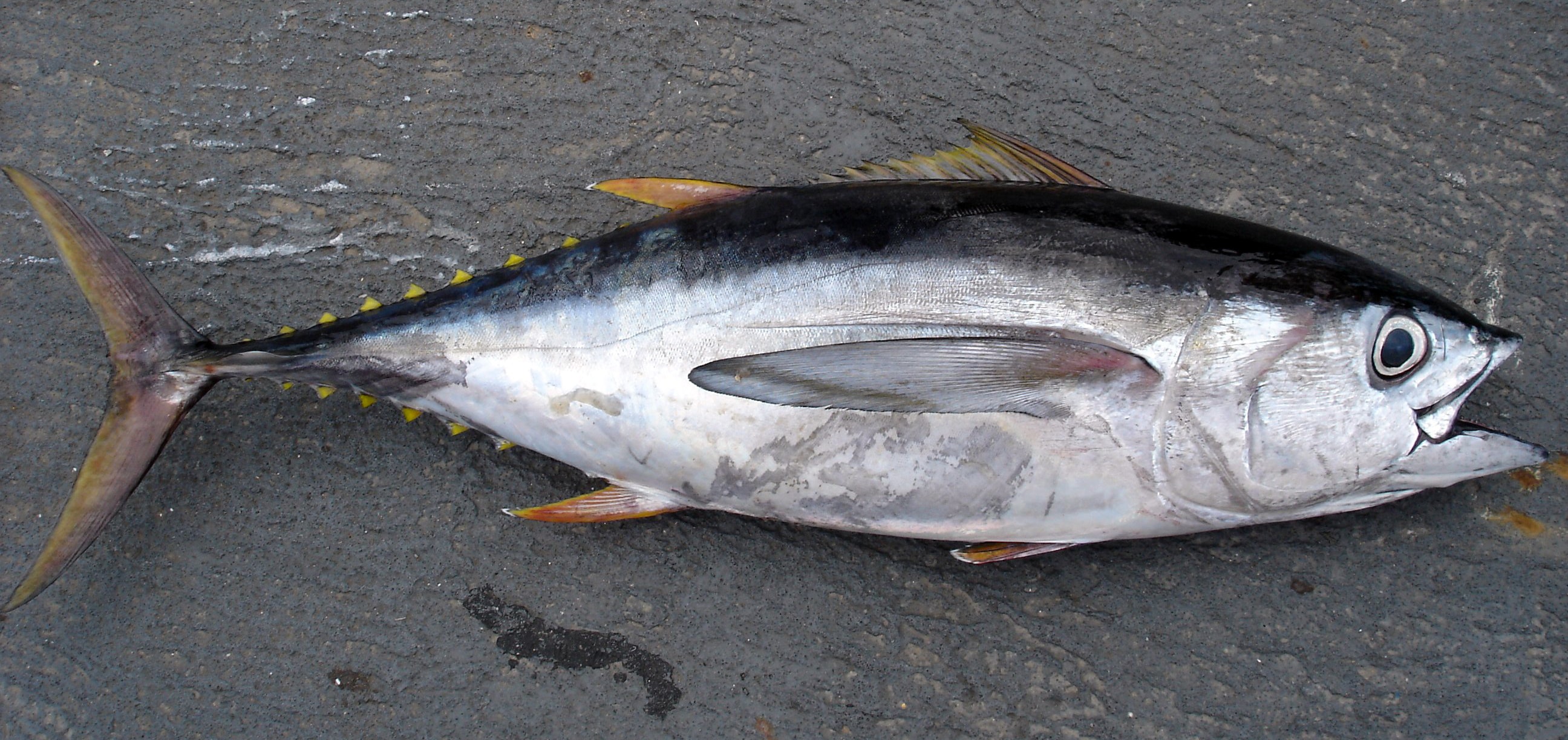Types of fish that contain a lot of mercury, remember to limit buying when going to the market
Fish is a delicious, nutritious food that many people love. However, there are some types of fish that are not recommended to eat much because they contain a lot of mercury, which is harmful to health.
Does eating a lot of fish cause mercury poisoning?
VnExpress quoted nutritionist Hoang Ha Linh from the Vietnam Institute of Applied Medicine as saying that fish is one of the healthiest foods, providing a source of omega-3 fatty acids, protein, micronutrients and healthy fats. However, many people are concerned that some types of fish may contain high levels of mercury, which is toxic to the body, so they limit their consumption.
Mercury is a heavy metal found in air, water, and soil. People can be exposed to this toxic substance in many ways, including breathing in mercury vapor during mining and working in industrial activities. Some fish and shellfish are at risk of absorbing small concentrations of mercury in contaminated water. Many cases of mercury exposure come from eating these foods.
In fact, nutritionists recommend that people eat at least two portions of fish per week (about 340g). However, be careful with types that contain high levels of mercury, and choose safer types.
In general, larger and longer-lived fish tend to contain more mercury.

Types of fish that contain a lot of mercury, remember to limit buying when going to the market
Ho Chi Minh City Law Newspaper quoted Livestrong as saying that according to the FDA, the US Food and Drug Administration, regarding the types of fish that may have high mercury content, the FDA warns of 7 types: Atlantic mackerel, marlin, orange fish, shark, swordfish, tilefish (Gulf of Mexico) and bigeye tuna.
In addition, the FDA also notes that some fish such as carp, catfish, salmon and perch, caught by families, may contain trace amounts of mercury or other contaminants. With these types of fish, inspection by local authorities is required and extreme caution should be exercised when using them without official information./.





